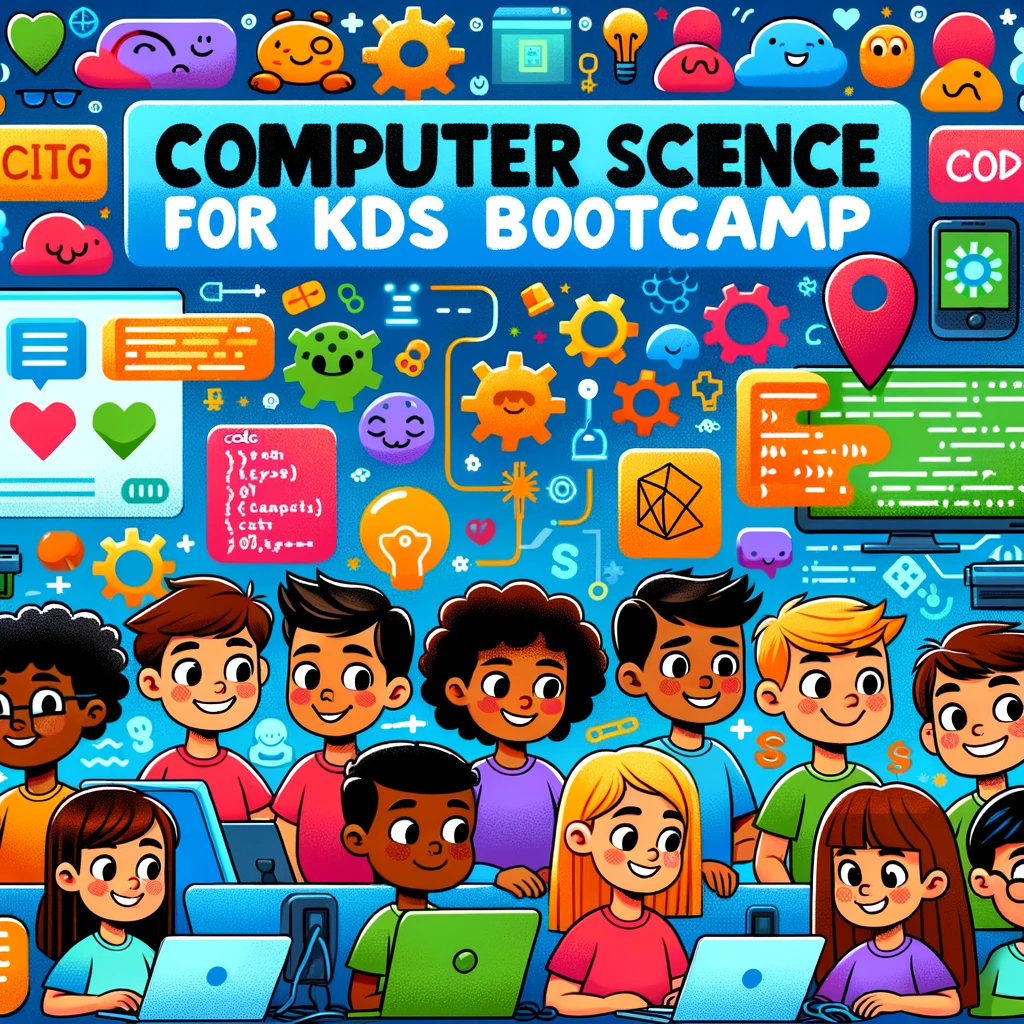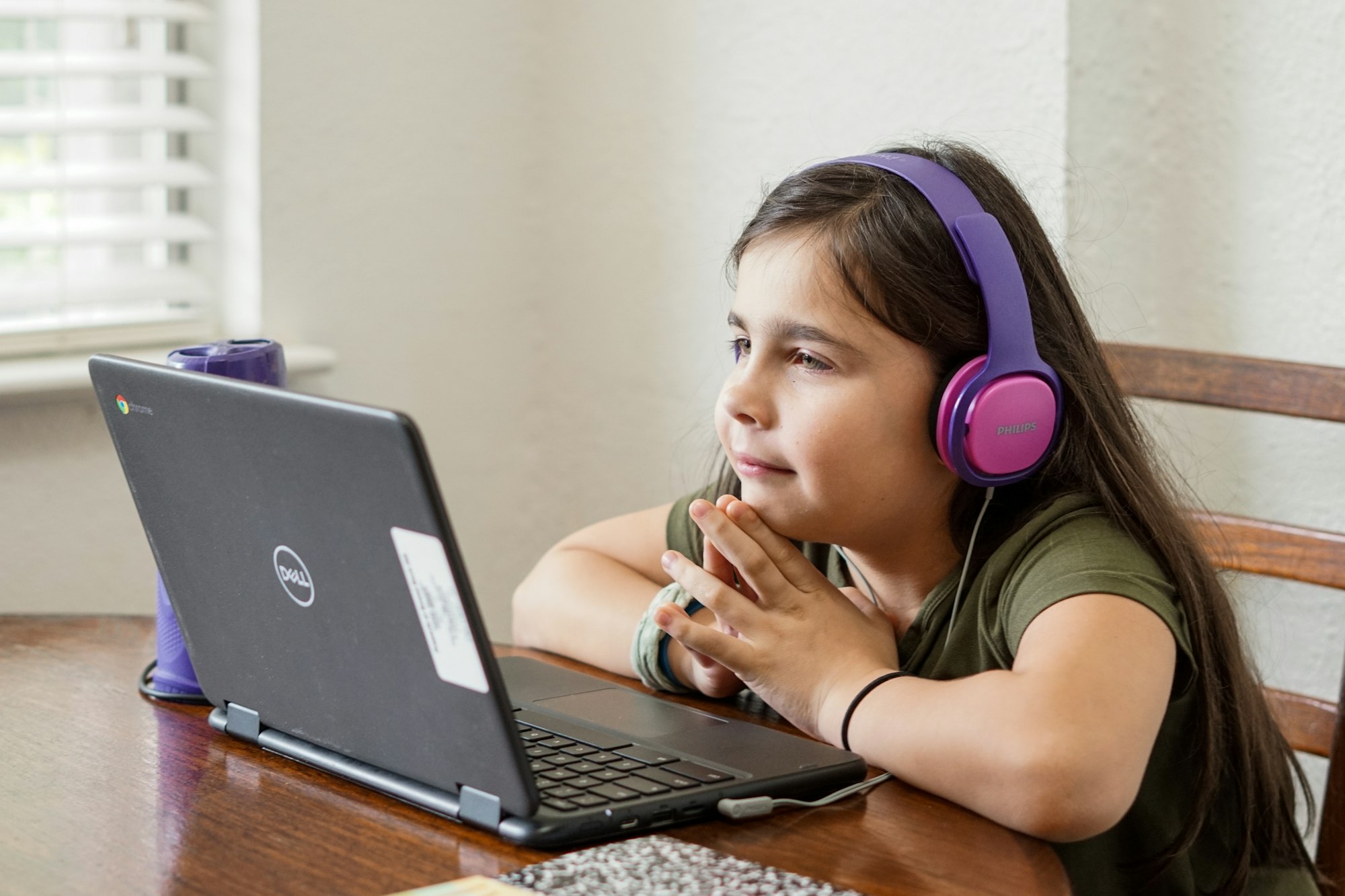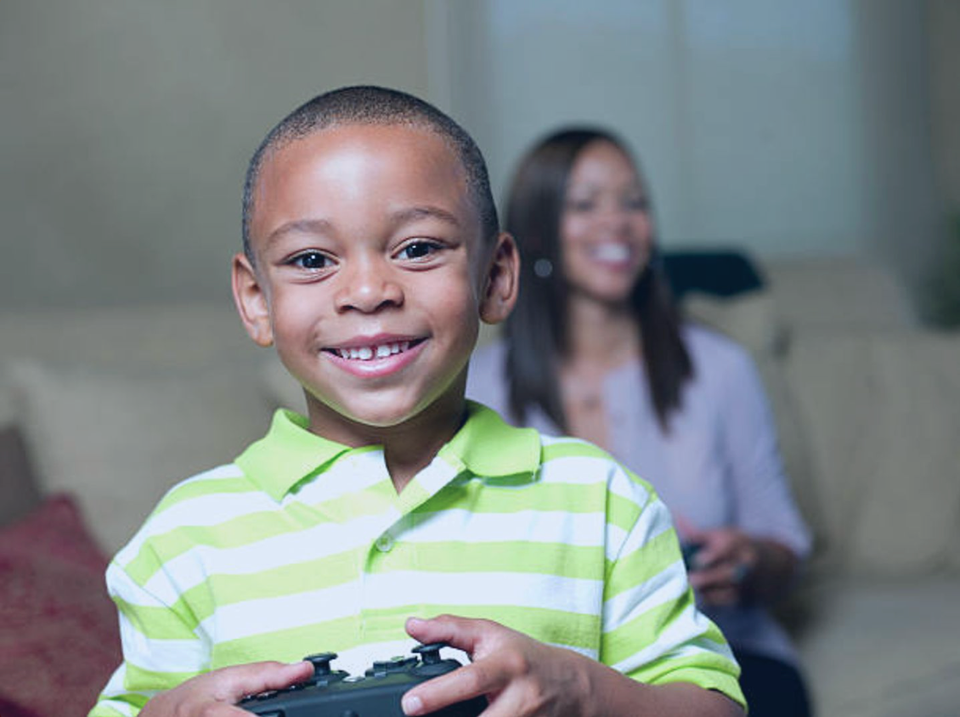Unleashing the Power of Creative Skills in Kids

Introduction
In a rapidly evolving world, fostering creativity in children has become a cornerstone for their future success. Creative skills not only enhance cognitive development but also equip kids with the ability to approach challenges innovatively. In this blog post, we'll delve into the importance of nurturing creativity in children and explore various creative skills that can be cultivated from an early age.
The Power of Creativity in Child Development
Creativity is not just about artistic expression; it's a dynamic force that enhances various aspects of a child's development:
1. Cognitive Skills
Critical Thinking: Creative activities stimulate critical thinking by encouraging kids to explore multiple solutions to a problem.
Problem-Solving: Creative thinking nurtures problem-solving skills, enabling kids to tackle challenges with confidence.
2. Emotional Well-being
Self-Expression: Creative activities provide an outlet for self-expression, allowing children to communicate their thoughts and emotions.
Confidence: Successfully expressing themselves through art, storytelling, or other creative endeavors boosts children's self-esteem.
3. Social Skills
Collaboration: Group creative projects teach kids how to work collaboratively, share ideas, and appreciate diverse perspectives.
Communication: Creative expression hones communication skills, helping kids articulate their thoughts effectively.
Creative Skills for Kids
1. Drawing and Painting
Encouraging kids to draw and paint fosters fine motor skills, spatial awareness, and an appreciation for aesthetics.
2. Storytelling
Storytelling ignites imagination and language development. It allows children to create worlds, characters, and narratives.
3. Music and Rhythm
Exploring musical instruments and rhythmic activities enhances auditory discrimination and coordination.
4. Building and Construction
Building with blocks or other construction materials promotes spatial awareness, problem-solving, and creativity.
5. Role-Playing
Engaging in imaginative play develops social and emotional intelligence. It helps kids understand different perspectives.
6. Coding and Robotics
Introducing coding and robotics at a young age enhances logical thinking and problem-solving skills.
7. Nature Exploration
Connecting with nature encourages curiosity and creativity. Outdoor activities stimulate a child's senses and imagination.
Cultivating Creativity at Home and School
1. Create a Creative Environment
Set up a space at home filled with art supplies, books, and interactive games to inspire creativity.
2. Encourage Curiosity
Support your child's inquisitive nature by answering questions, fostering a love for learning, and exploring new topics together.
3. Provide Diverse Experiences
Expose children to various activities, from museum visits to outdoor adventures, broadening their perspectives and interests.
4. Celebrate Mistakes
Teach kids that mistakes are part of the creative process. Encourage them to learn from errors and find innovative solutions.
Conclusion
Nurturing creative skills in kids is an investment in their future. By fostering an environment that encourages exploration, expression, and imagination, parents and educators can empower children to navigate an ever-changing world with confidence and ingenuity. As we celebrate the uniqueness of each child's creative journey, we pave the way for a generation capable of turning dreams into reality.




